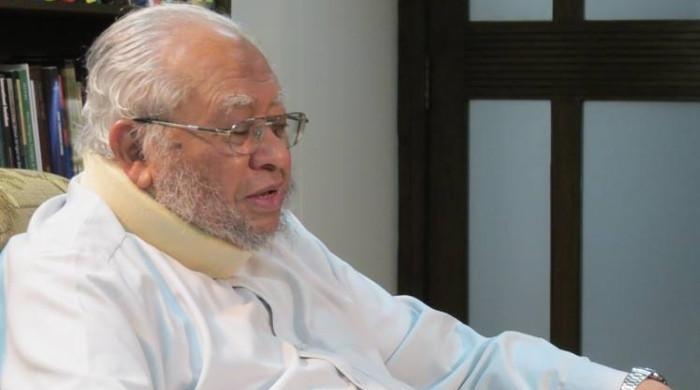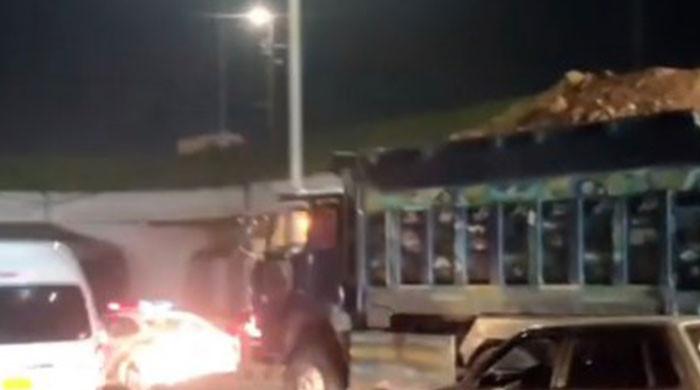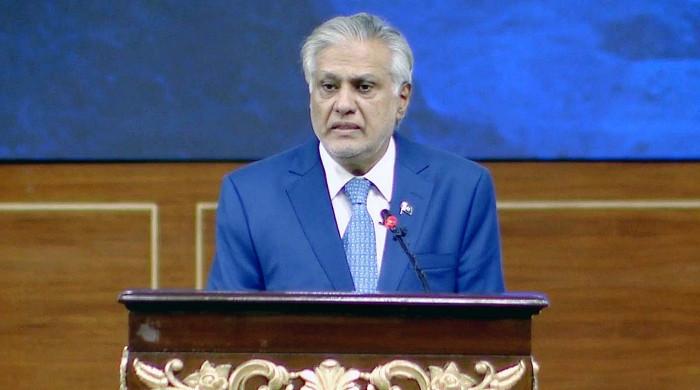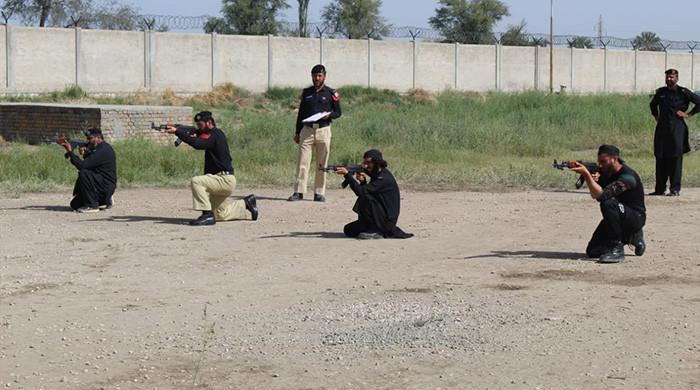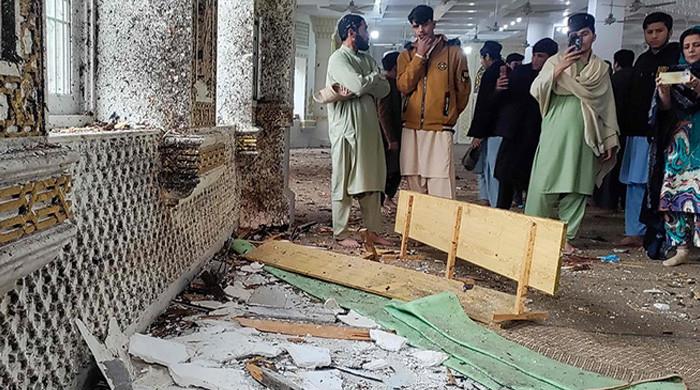Work on NDMA's plan to clear Karachi's nullahs, riverbeds to start in Sept: Asad Umar
NDMA plan to 'solve problem of Karachi drowning ever time it rains heavily', says Asad Umar
August 26, 2020
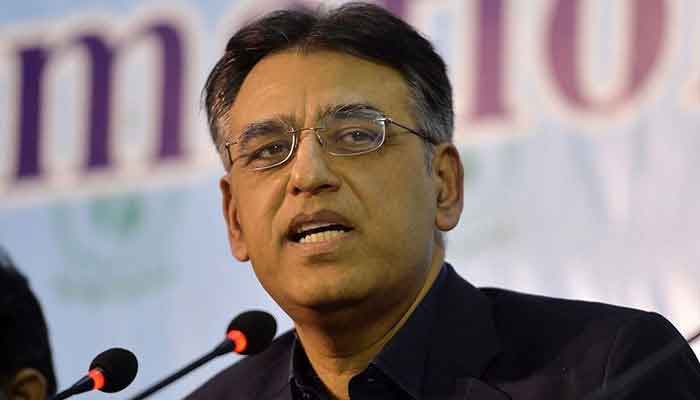
Federal Minister for Planning, Development and Special Initiatives Asad Umar said on Wednesday that he has reviewed the plan by the National Disaster Management Authority (NDMA) to clear Karachi's nullahs and riverbeds and that work on it will begin by September.
The federal minister said on Twitter that he will approve the plan, work on which will begin by September and will be completed within one year.
The minister said that the plan will "solve problem of Karachi drowning ever time it rains heavily".
“Largest tax paying city of Pakistan deserves better than what it is facing today,” he said.
Rain wreaks havoc in Karachi
The Met Office confirmed to The News that the 90-year record of the monsoon downpour had been broken after Tuesday’s rainfall in Karachi this year.
The 90-year record was broken after a 345mm downpour was recorded at Karachi’s PAF Faisal Base in August this year, making it the wettest month since 1931, which was previously recorded rainfall up to to 298.4mm in 1984.
The most amount of rainfall up to 272mm was recorded at Masroor Base in 2007, whereas, the August 2020’s downpour was recorded up to 228.5mm and is still continuing. In 1979, 262.5mm rain had been recorded at the MOS Old Airport while the recent downpour was recorded 168.9mm in the same area.
'4,364 tonnes of garbage removed from Karachi nullahs'
At the onset of the monsoon this year, the NDMA was tasked to assist the cleanup and relief operations in Karachi.
In a statement earlier, the authority mentioned that within a day, its personnel had removed around 4,364 tonnes of garbage clogging the city’s drainage system.
The NDMA has been working with the Sindh government and Karachi Metropolitan Corporation in the metropolis, with the Frontier Works Organisation’s 14 teams busy in clearing up Gujjar nullah, Korangi nullah and Mawach Goth nullah.
The NDMA was roped in to clean the city after earlier rain showers inundated several parts of the city, causing rain-related deaths and property damage. The PMD had warned that if the drains were not unclogged on time, the situation around the city could deteriorate further.




